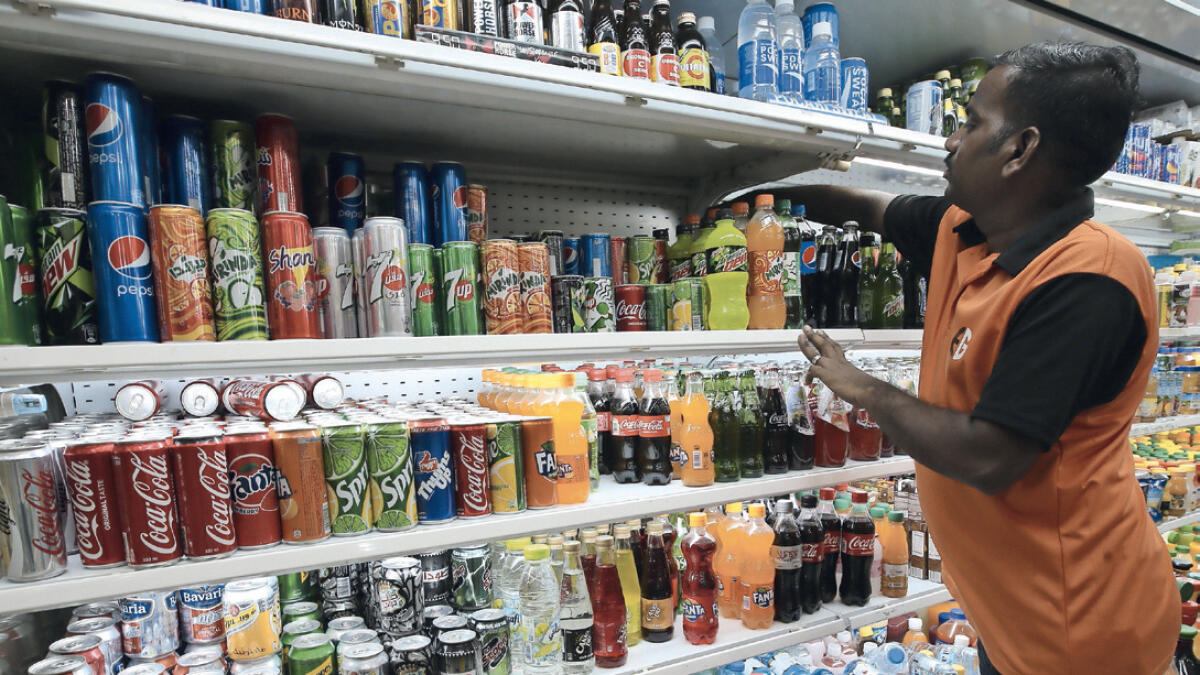Excise tax in the UAE has been implemented as a means to discourage the consumption of goods that are deemed detrimental to human health or the environment. These goods, known as ‘excise goods,’ are subject to higher prices due to the added tax, serving as a deterrent for consumers to choose healthier alternatives. This tax policy not only aims to promote public well-being and sustainability but also generates additional revenues to fund essential public services.
The impact of excise tax on consumers is evident, as they will pay higher prices for products such as carbonated drinks, energy drinks, tobacco, and electronic smoking devices. Carbonated drinks are currently subject to a 50 per cent tax rate, while tobacco products face a hefty 100 per cent tax rate. Energy drinks and electronic smoking devices also face a 100 per cent tax rate, with any product containing added sugar or sweeteners taxed at 50 per cent. These high tax rates are designed to discourage the consumption of these goods and promote healthier choices.
Excise tax obligations apply to individuals involved in various activities, including importing excise goods, producing excise goods for consumption, storing excise goods, and releasing excise goods from designated zones. Those responsible for these activities must enroll for excise tax and submit their returns by the 15th day of the following month. There is no threshold for excise tax registration in the UAE, meaning that any person engaged in importing, producing, or stockpiling excise goods is required to register for excise tax.
The excise price of goods is determined based on the higher of the price listed by the Federal Tax Authority (FTA) or the designated retail sales price minus any included excise tax. The tax is then calculated as a percentage of this tax base, with the excise price encompassing all applicable taxes except VAT. The final selling price includes the tax base, the excise tax at the specified rate, and VAT. The excise tax rate constitutes a significant portion of the selling price before VAT, further incentivizing consumers to make healthier choices.
Overall, the implementation of excise tax in the UAE reflects the government’s commitment to public health, environmental sustainability, and economic stability. As the tax policy continues to influence consumer behavior and promote healthier choices, it is essential for individuals to support these initiatives, make informed choices, and work together towards a healthier and more prosperous future. Excise tax serves as a vital tool in fostering a healthier population and a more environmentally conscious society in the UAE, aligning with the government’s broader goals of promoting public well-being and sustainability.











